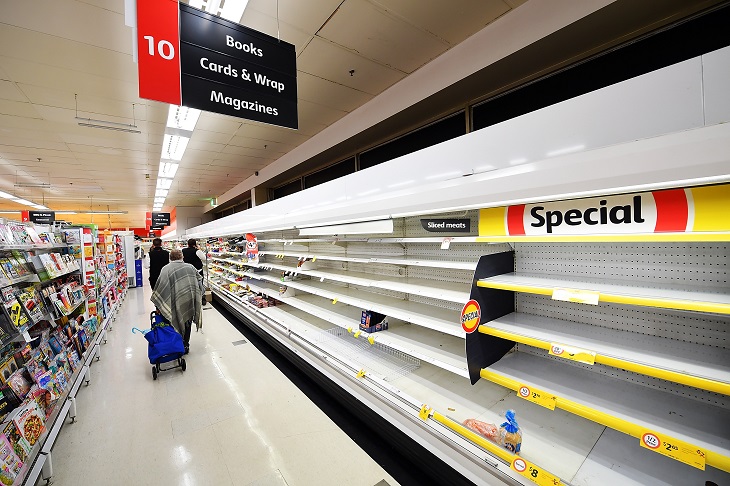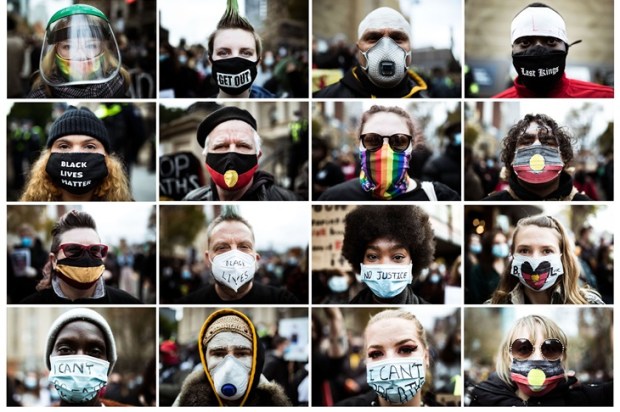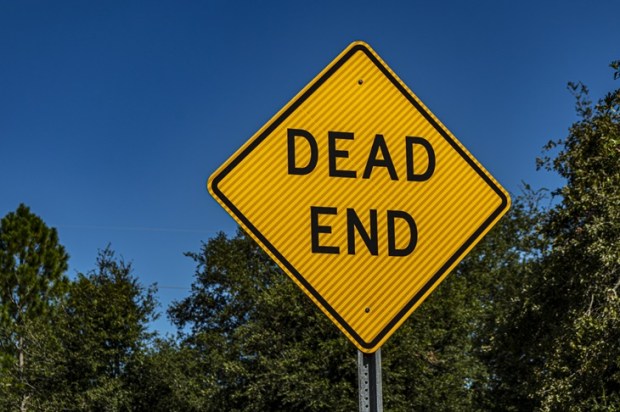With the Covid pandemic, an ongoing war in Europe, and soaring inflation all jostling for the leading headline, some may have missed the looming global food crisis quietly waiting around the corner.
India, the second largest wheat producer in the world, has banned wheat exports. China currently has a frigid relationship with much of the West, while one of their agricultural officers has alarmingly warned China’s yield could be ‘the worst in history’. In any case, supply chains have been severely impacted by the strict Covid lockdowns imposed in crucial Chinese cities.
Russia, the third largest wheat producer and number one global exporter, halted wheat exports at least until the July harvest. Ukraine’s wheat harvest in 2022 may drop by as much as 35 per cent (or even more) as a result of the Russian invasion. The devastation of the war and its impact on wheat supply, as well as that of other important crops such as sunflower – an essential source of oil and animal feed – is expected to hit hard as many countries around the world are dependent largely on these two countries for their imports.
America, the fourth largest wheat producer, has estimated that its winter wheat production will drop by 8 per cent in 2022, compared to 2021. In 2021, the US Department of Agriculture confirmed that its wheat crop was the smallest since 2002.
The Biden administration has proved to be particularly incompetent, creating a simultaneous fuel crisis, baby formula crisis, inflation crisis, and an illegal border crossing crisis in the wealthiest country in the world. An NBC poll found 75 per cent of those surveyed say that the country is on the wrong track.
The world has no reason to expect that it can turn to America to sort out global problems like the days of yore.
While some of the current food crisis may be attributable to the vagaries of nature, such as the heatwave in India that has affected their crop yield, or the Russian invasion of Ukraine, a sizeable part of the pending food crisis can be laid at the feet of bad leadership.
When the pandemic came around, the world’s leadership panicked. Their responses were overwhelmingly extreme, often inhumane, incapable of subtlety, rigid, and unresponsive to changes in data. Many warned as early as 2020 that the mass shutdown of global supply chains could result in famines that may kill more people than Covid.
Having ignored those warnings, leaders allowed the disruption to global supply chains to continue for two years. It has come to the point where there is a real risk that a food shortage will not only reach third-world countries, but also include first-world ones like Australia.
Food prices around the globe have shot up more than 20 per cent in a year, according to the UN Food and Agriculture Organisation. This enormous increase was calculated based on data prior to the Russian invasion of Ukraine.
Much of the same leadership, including unelected experts and billionaires, that have gotten so much wrong and caused so much unnecessary harm, are now poised to double down and create a global pandemic treaty in the form of Geneva’s Global Pandemic Treaty. If signed, this would mean that the few countries that had the pluck to go against the global neurosis, like Sweden, will not be able to decide to forge their way in the next pandemic. This is despite the latest data showing that Sweden’s humane and sensible handling of the pandemic, scalded by the media worldwide, was actually a great success on multiple fronts. Could this increased central pandemic control lead to more supply chain disruptions?
Russia’s Vladimir Lenin made the observation that: ‘Every society is three meals away from chaos.’
He is right on this point. There is often no morality, no cooperation, no solidarity to speak of when there is nothing to eat.
Therefore, at this crucial point in time, with the world in flux and in the face of a global food crisis, I posit that it is not wise to cede more powers to those who have been given the great test of our generation, and who have proven, without the shadow of a doubt, their illiberal instincts and their utter incompetence.
Got something to add? Join the discussion and comment below.
Get 10 issues for just $10
Subscribe to The Spectator Australia today for the next 10 magazine issues, plus full online access, for just $10.


























Comments
Don't miss out
Join the conversation with other Spectator Australia readers. Subscribe to leave a comment.
SUBSCRIBEAlready a subscriber? Log in